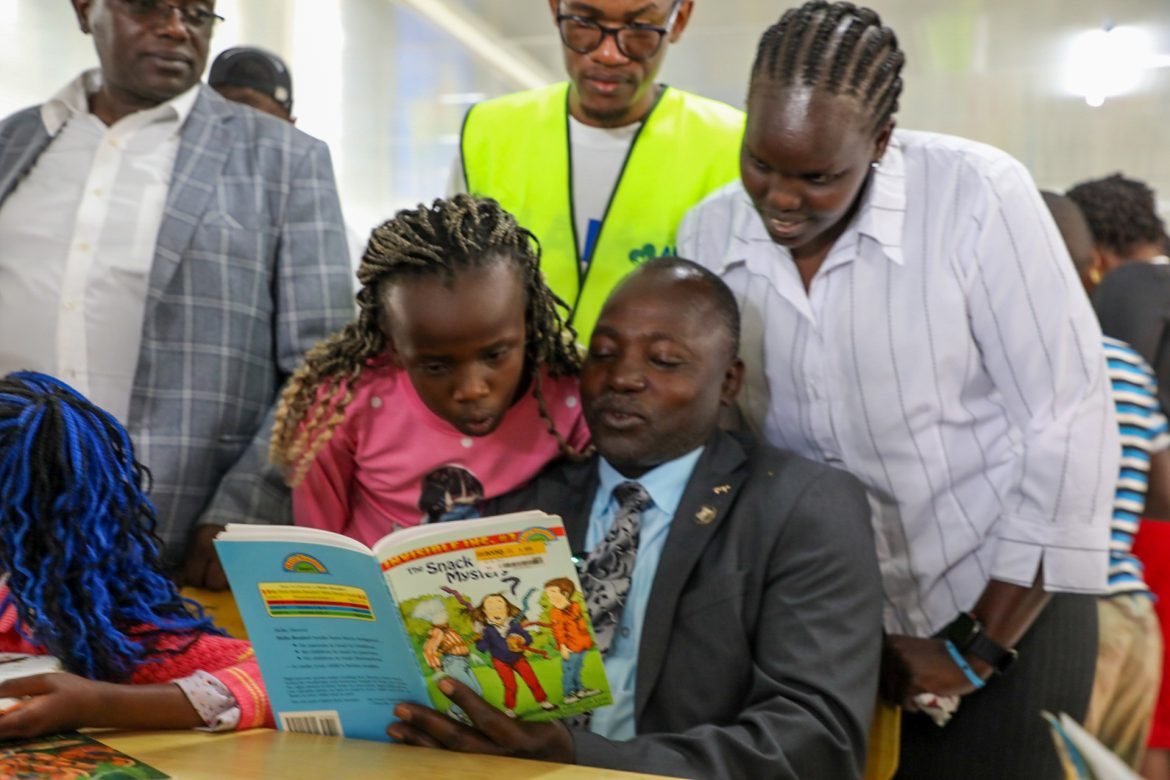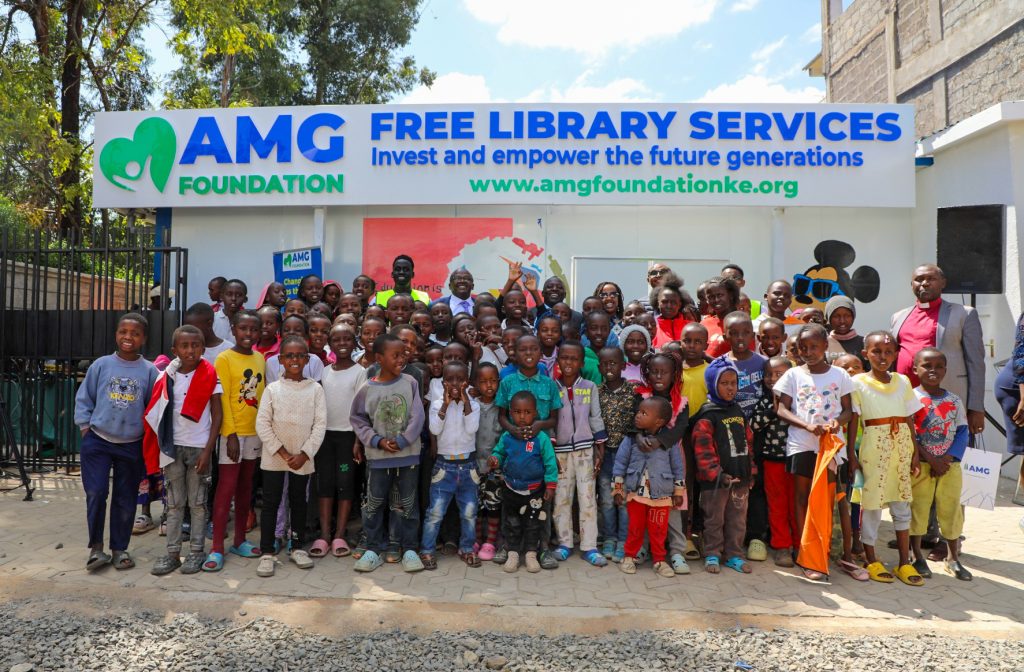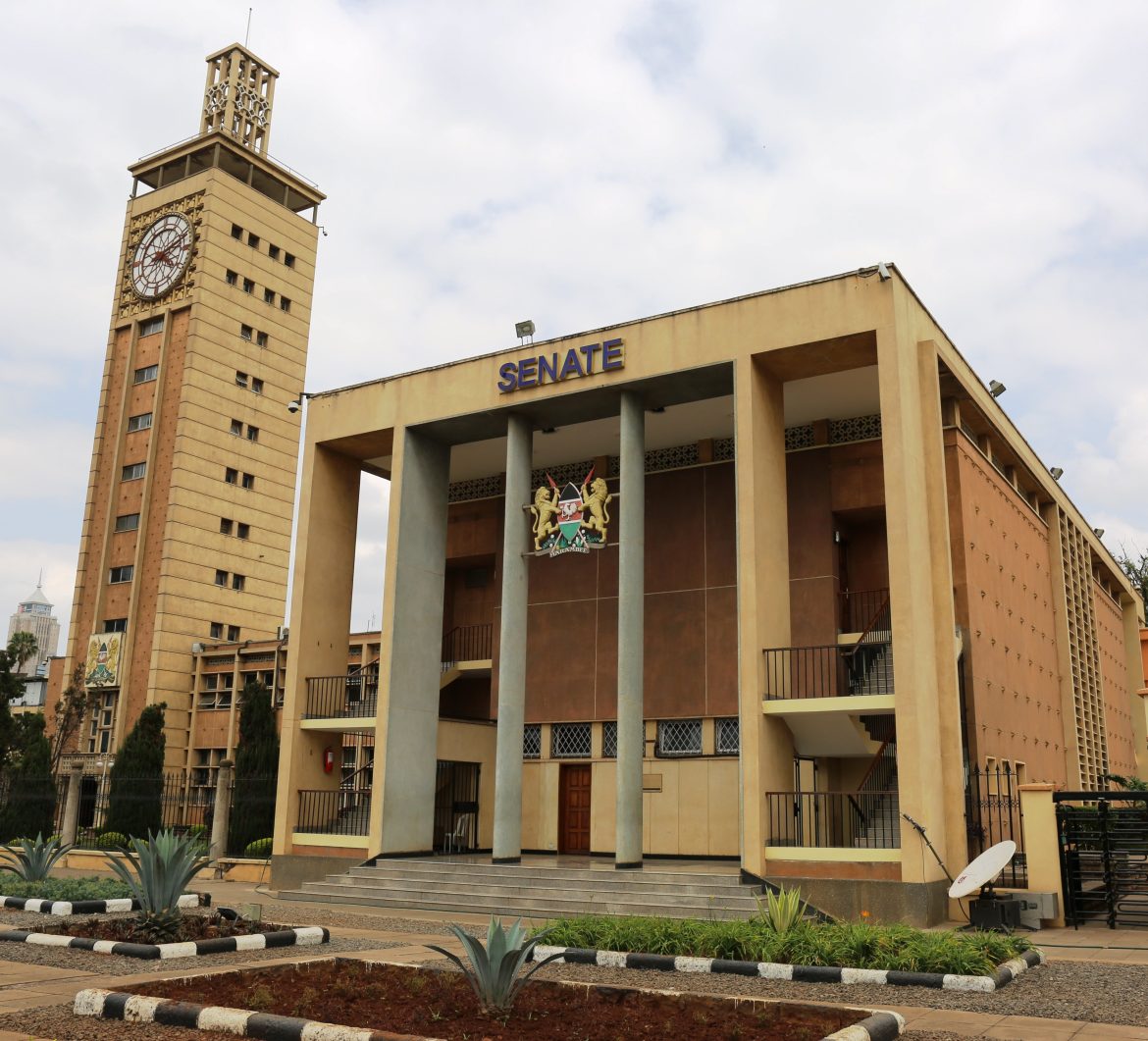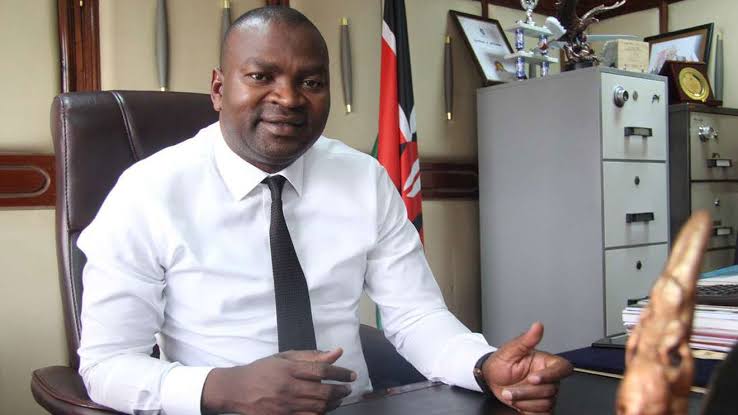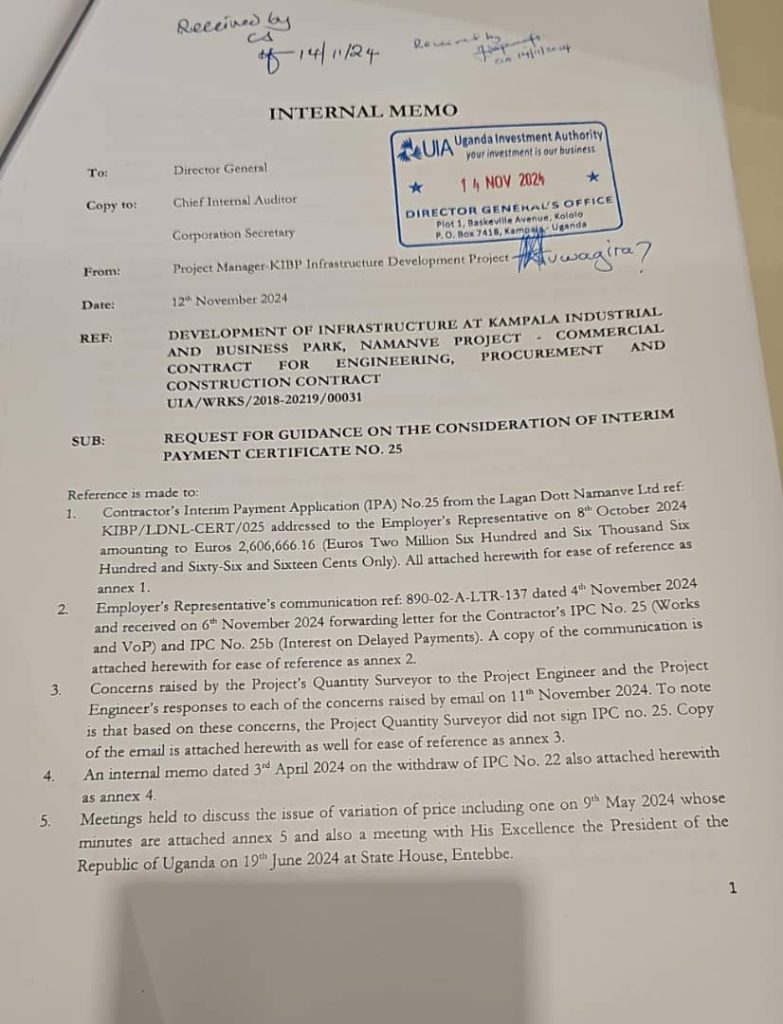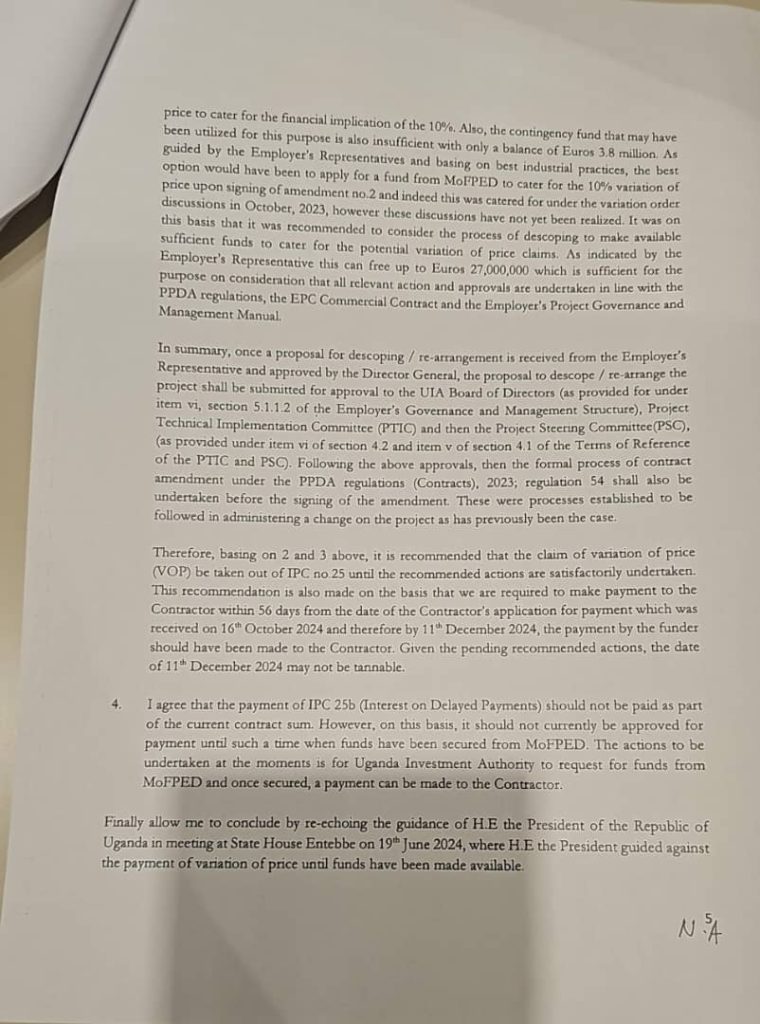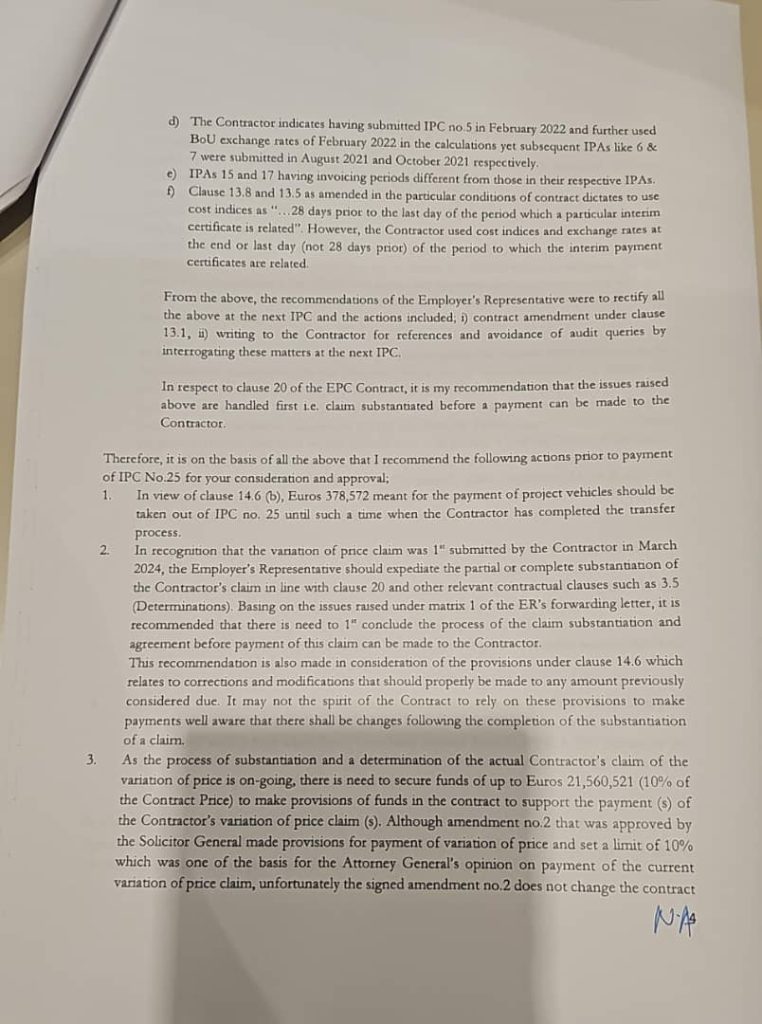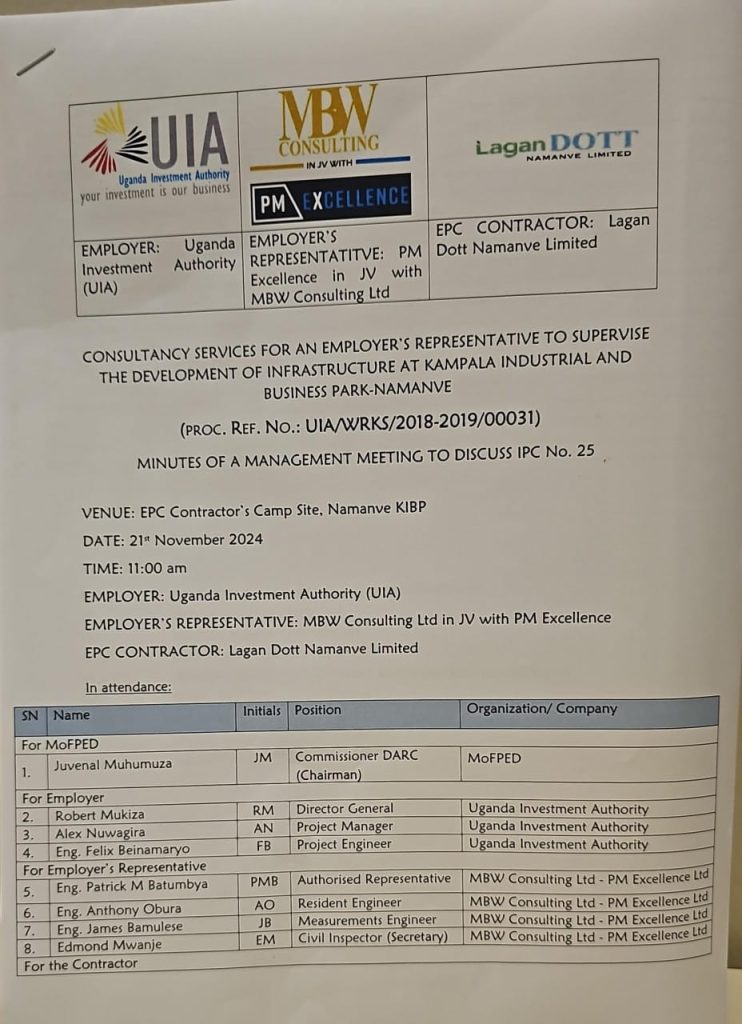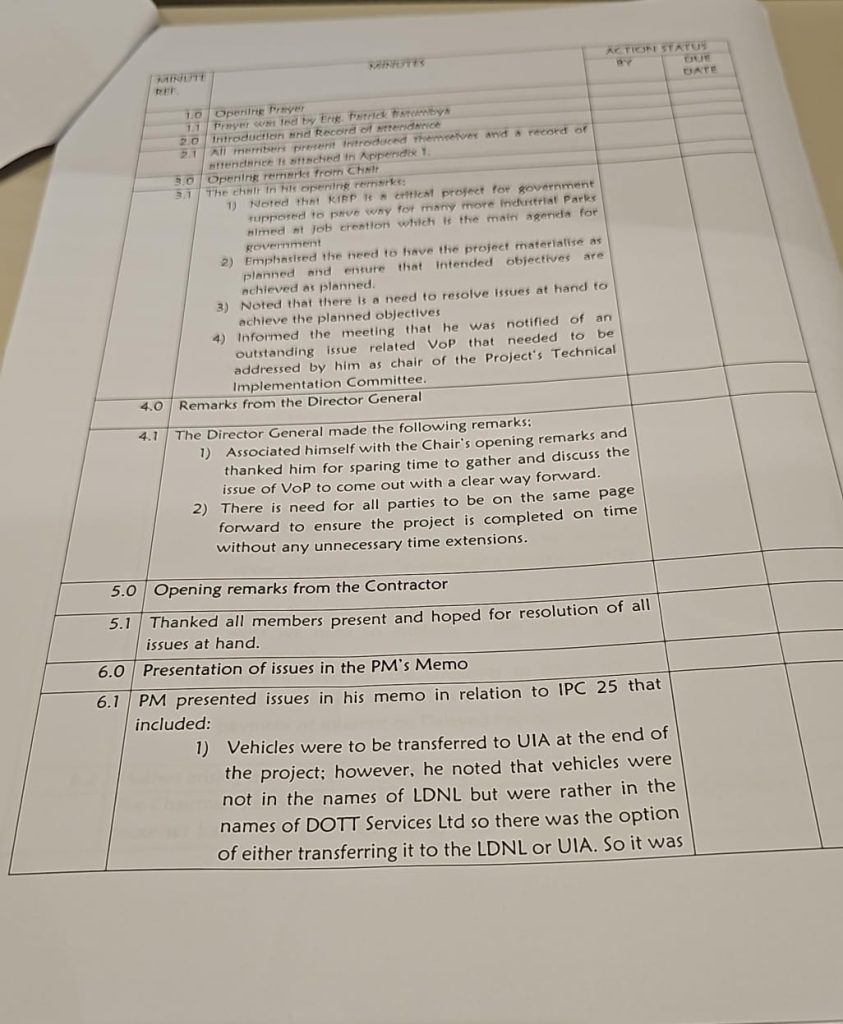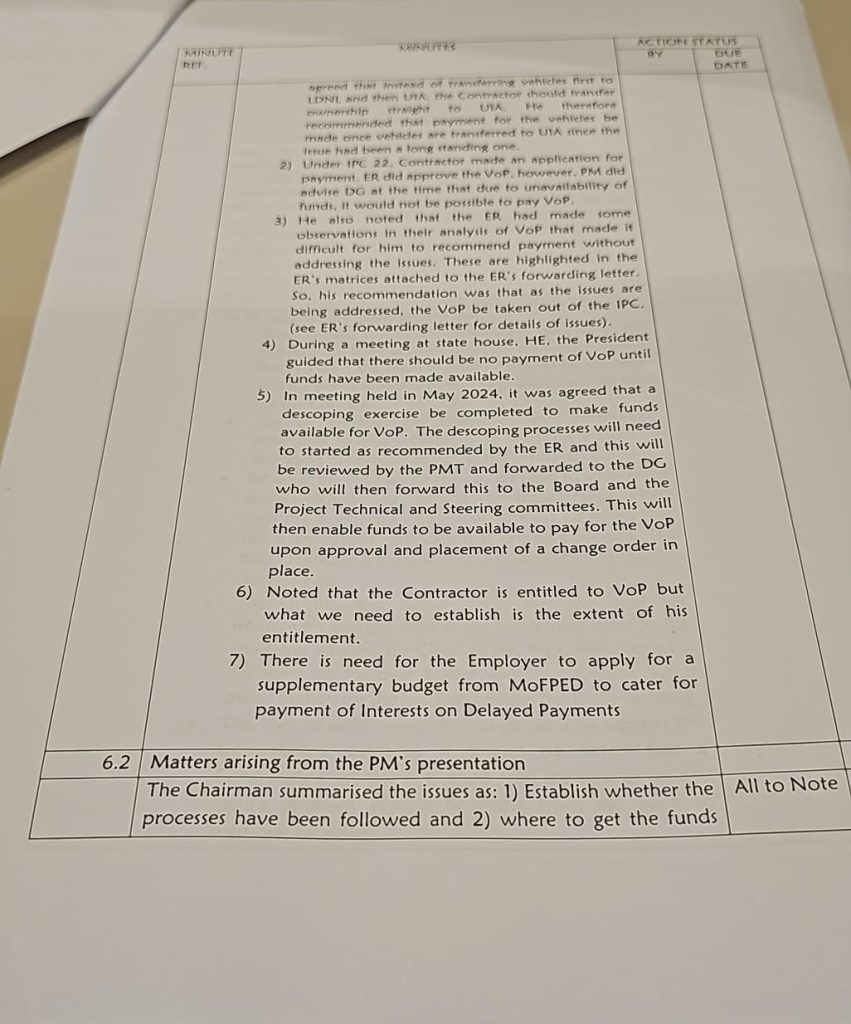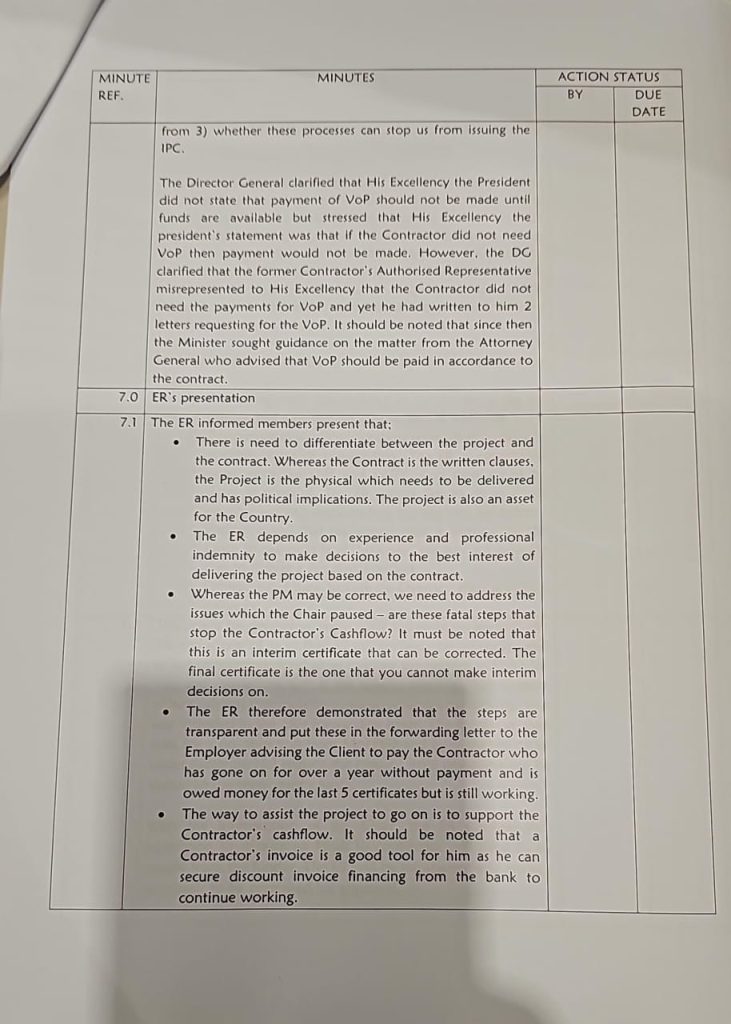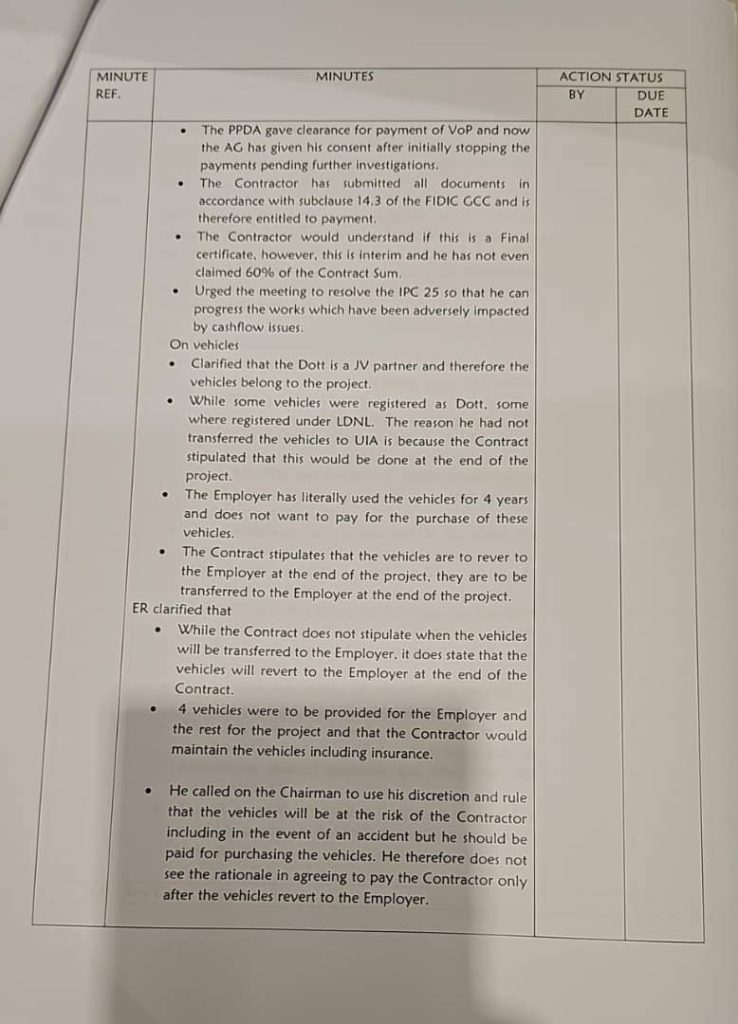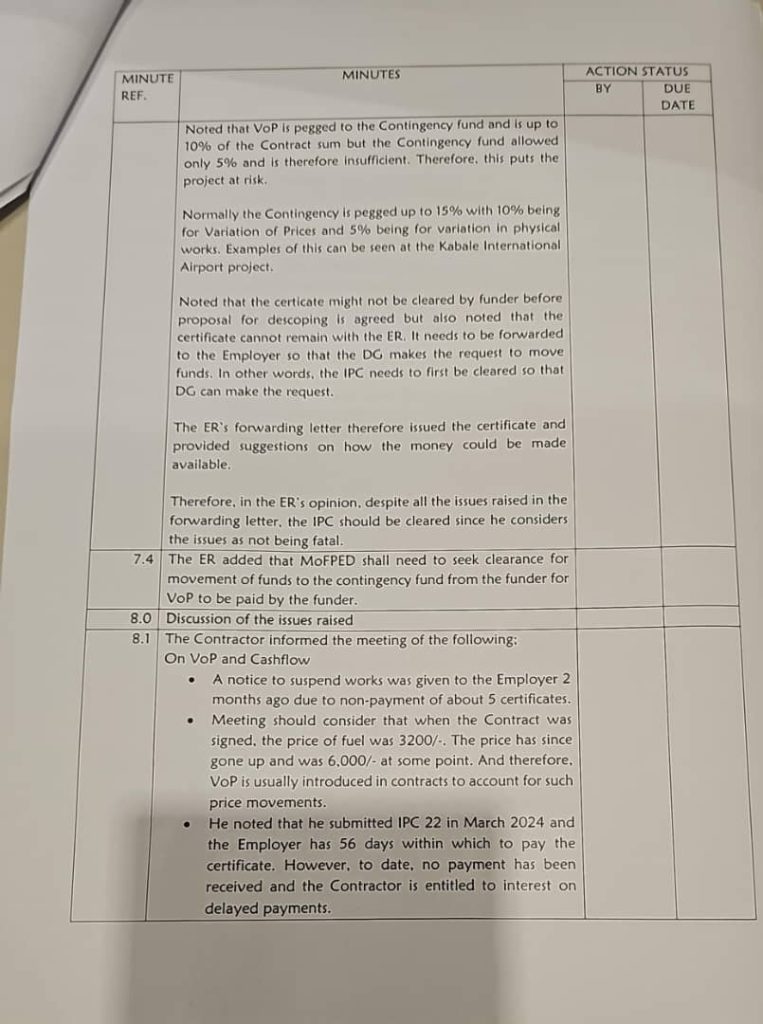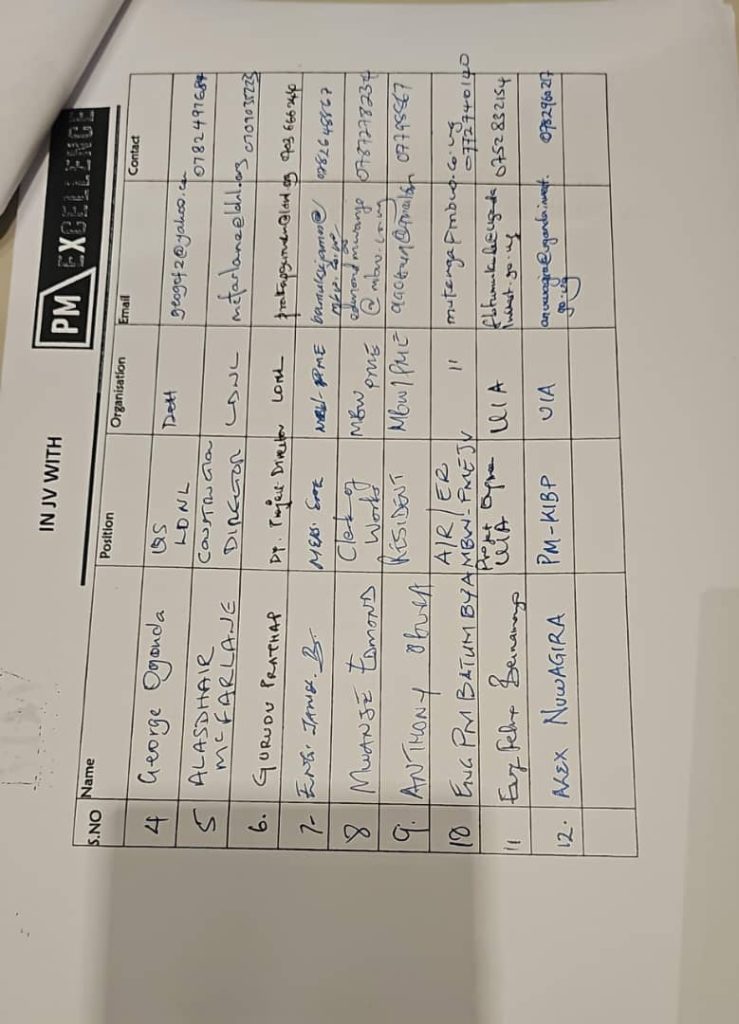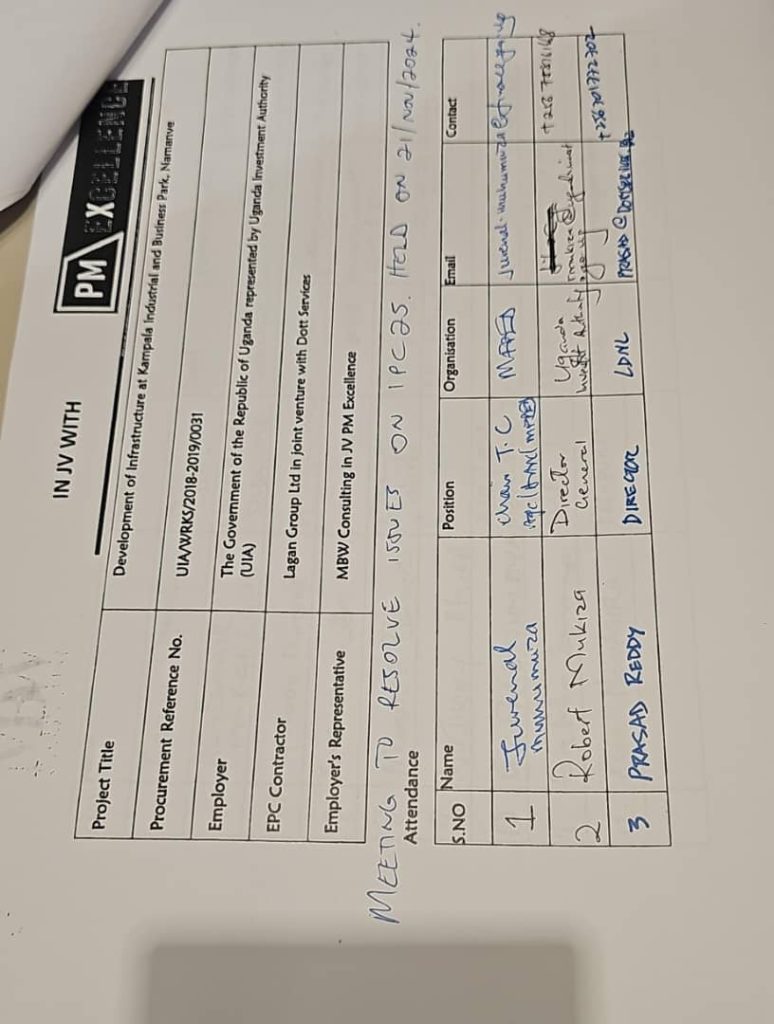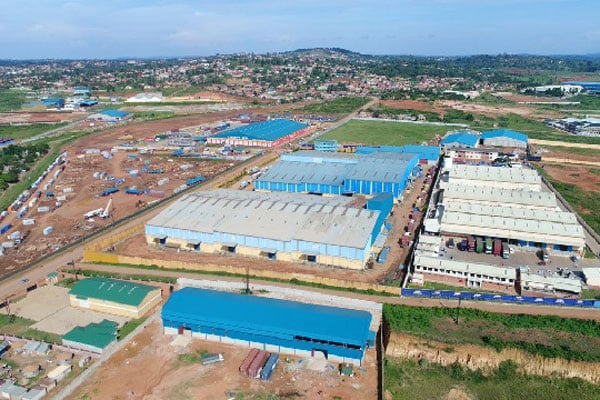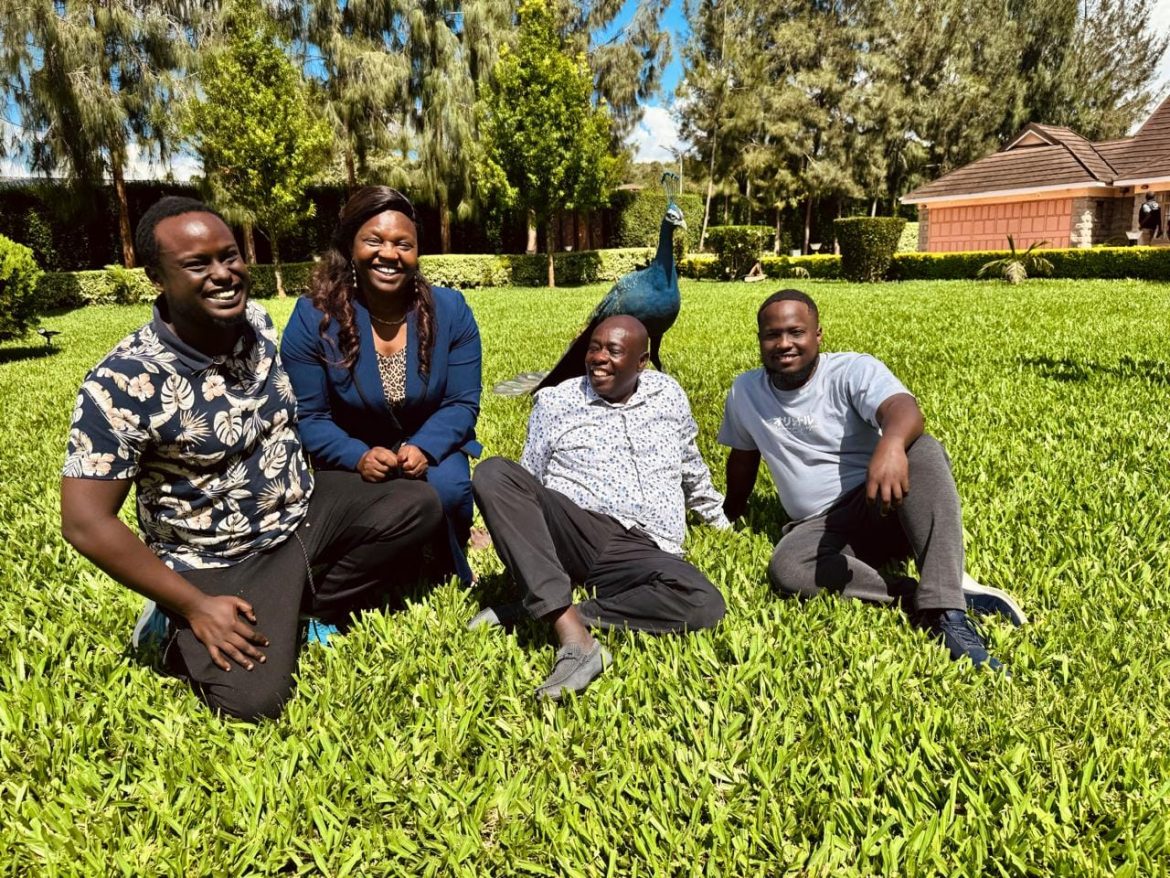Diamond Platnumz has revealed he received a whopping Ksh19.3 million for the Furaha Festival show where he did not even perform.
Speaking on Tuesday, December 10, 2024, two days after the botched show, the mellow-voiced Bongo hitmaker disclosed that in-fighting between the event organisers and artistes necessitated his move to abandon the event and head back to his hotel room in Nairobi.
He noted that he was ready to perform at the highly-publicised event as the headliner but a constant fracas ensued near the stage which lasted hours, eating up his precious performance time.
“Nililipwa dollar laki mia moja na Hamsini. Laki moja na Hamsini ni zaidi ya million mia nne za Kitanzania. Siwezikuja kwenye event halafu nikaforce nitapande kwenye stage,” Diamond said.
“Nikiangalia nione muda huu sasa sio muda wa kuenda stage naondoka zangu. Ukishindwa kunipandisha katika tarehe tuliokubaliana naondoka zangu na hela yako ndio inakuwa nimeila,” Diamond remarked.
The Enjoy hitmaker decried the lacklustre organization at the event which he said made him wait for hours on end in his car without letting him on the stage.
Initial reports indicated that the East African sensation requested to be allotted an earlier time to perform, a move that threw the party into disarray.
However, he stated that he has headlined several shows in his career and that he abhors performing at the tail-end of the concert when the fans are exhausted and yearning to go back home.
“If you are headlining a show, it only means that you perform at the tail-end of the show; but it does not mean that you do it at dawn because fans are exhausted at that time,” Diamond observed.
“I have been headlining in different countries. 90 per cent of the shows I take up, I am always the headlining artiste. It baffles me for someone to accuse me of denying them to perform while I am only a visitor who himself never go the chance to even perform.”
On Saturday





